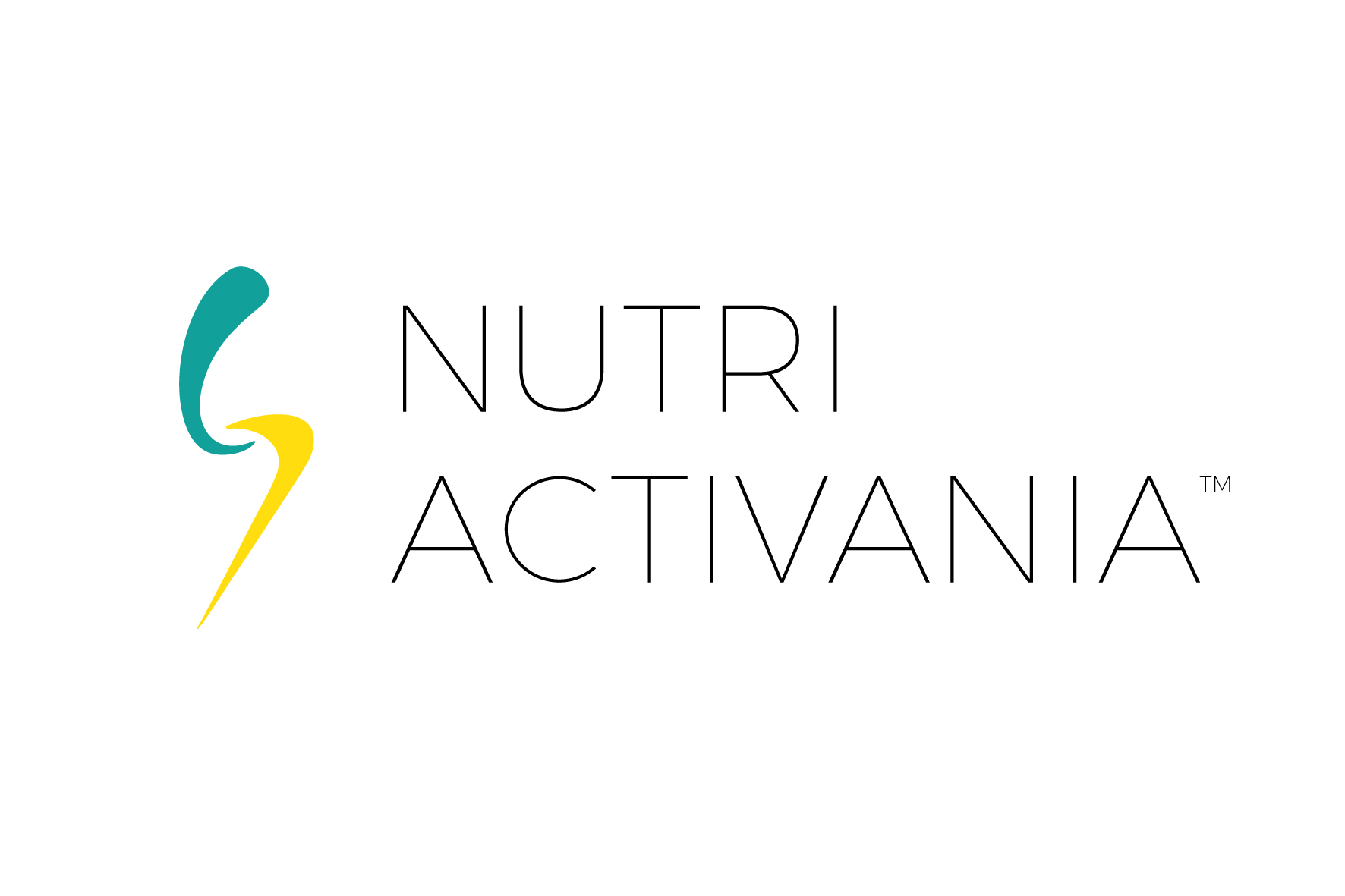
Many people, around the world, prefer eating freshly raw meals. It is a part of the philosophy which is derived from the principles of the Palaeolithic diet that is believed to have been followed by our ancestors.
Nutritionist Avni Kaul says it mainly consists of foods that were procured through hunting and gathering and nothing that is cultivated by a man like raw fruits and vegetables, nuts and seeds.
While it is not suggested that you completely turn to a raw food diet, but there are certain fruits and vegetables which are healthier when eaten raw. Cooking, steaming, boiling, and stir-frying can have an impact on the nutrients of specific foods.
In this article, top Nutritionist, Dietician and Founder of Nutri Activania Avni Kaul tells about foods you must avoid overcooking or should eat raw to protect its nutrients that are.
Coconut
In its raw form, coconut is one of the best hydrating foods and is known for its naturally high levels of electrolytes. They are also a storehouse of healthy fats. Dried or desiccated coconut might not contain the same health benefits. However, the same thing may not apply to coconut oil. It will be actually better to saute and steam your vegetables with a drop of coconut oil as it will provide powerful antioxidants to your dish.
Apples
A big portion of the nutrients and minerals in apples can be lost due to the dehydration process while baking or heating. Moreover, it looks to increase the sugar levels and therefore apples might contain more calories in the form of concentrated sugar and carbohydrates when cooked. Another thing to keep in mind, consume the apple with its skin on as the skin contains the maximum fiber and not the flesh.
Berries
Dried berries might not be as nutritious as fresh ones because they lose most of their water-soluble vitamins and minerals during the dehydration process. Most berries are high in Vitamin C along with antioxidants such as polyphenols and anthocyanins that are sensitive to light and temperature. Therefore, it is recommended to keep the time and temperature of cooking them at minimum to preserve those qualities.
Guava
In some Indian cuisines, guavas are sometimes cooked in a few regional and made into a curry. Although it tastes good, know that heat can destroy the water-soluble nutrients available in the fruit. For example, Vitamin C and types of vitamin B complex are water-soluble and you might lose out on them.
Sprouts
Sprouts are a powerful source of vitamin C, fiber, folate, copper and manganese. The quality of these nutrients vanishes on cooking, particularly Vitamin C and folate as they are heat sensitive.
Mushrooms
You probably love to indulge in a plate of sautéed mushrooms, but cooking on high temperatures depletes the Vitamin D content of mushrooms by half. Mushrooms are one of the limited natural food sources of Vitamin D that you actually derive from the sun’s rays. Mushrooms have a ‘pro-vitamin’ called ergosterol which is converted into vitamin D when exposed to the sun’s ultraviolet rays. Cooking for longer periods makes them tough to maintain those nutrients.
- Amazing Benefits of Eating Rajma - April 16, 2023
- Weight Loss: Secret to Lose More Weight in Winters - December 29, 2022
- Dietician Avni Kaul Shares Healthy Winter Drinks - December 26, 2022
